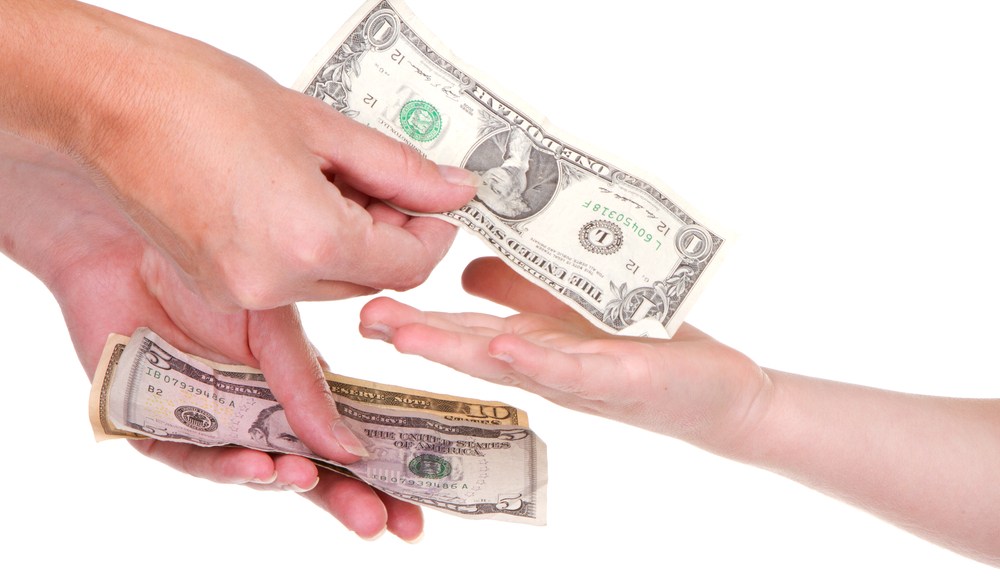Last chance to save on Digiday Publishing Summit passes is February 9

Kevin Skobac is vp of digital and social strategy at SS+K, a marketing and communications agency. Follow him @kskobac.
It’s tempting to say we should have seen this coming, once the ink dried on Facebook’s $1 billion check.
Instagram’s recent terms of service change is straight out of Facebook’s playbook: Push too far on privacy, get slapped back to reality. Lose a little more face and trust from your community but minimal, if any, loss in users. Facebook was never going to sell our photos; that would have been business suicide.
But the writing is on the wall: Every misstep is leading to a larger outcry. We’re witnessing a death by a thousand cuts of the purely free, advertising supported social platform.
Instagram taught us free apps could be magic. With one touch, anyone can be an amazing photographer. A combination of filters, simple sharing and a passionate community helped Instagram skyrocket to Internet fame. The first two benefits are replaceable, as just this week, Flickr and Twitter rolled out copycat products. What’s left is community, and Instagram’s community is what Facebook paid for.
But communities are transient; they can’t be taken for granted.
And people are reconsidering whether this model is worth the disappointment and haphazard respect for their privacy, for an unpredictable product.
More and more, people are asking to pay to access and consume on their own terms of service, instead of “We gave you this for free, you are the product, deal with it.”
Dalton Caldwell’s ambitious App.net could be just the beginning. Even Flickr is starting to look pretty attractive again with a shiny new iPhone app and paid plan that ensures rights for users, not advertisers.
This was a seminal year for Instagram, from its billion dollar sale to Facebook to the first-ever Presidential re-election advertising campaign to run on the platform, #ForAll. But yesterday, the platform’s community of 100 million shouted a harbinger of things to come: What the community giveth, it can taketh away.
Social communities have power, they can effect change, and if they can help elect a president, they can certainly crumble irresponsible social networks and an abusive ad-supported model.
More in Media

Brands invest in creators for reach as celebs fill the Big Game spots
The Super Bowl is no longer just about day-of posts or prime-time commercials, but the expanding creator ecosystem surrounding it.

WTF is the IAB’s AI Accountability for Publishers Act (and what happens next)?
The IAB introduced a draft bill to make AI companies pay for scraping publishers’ content. Here’s how it’ll differ from copyright law, and what comes next.

Media Briefing: A solid Q4 gives publishers breathing room as they build revenue beyond search
Q4 gave publishers a win — but as ad dollars return, AI-driven discovery shifts mean growth in 2026 will hinge on relevance, not reach.





